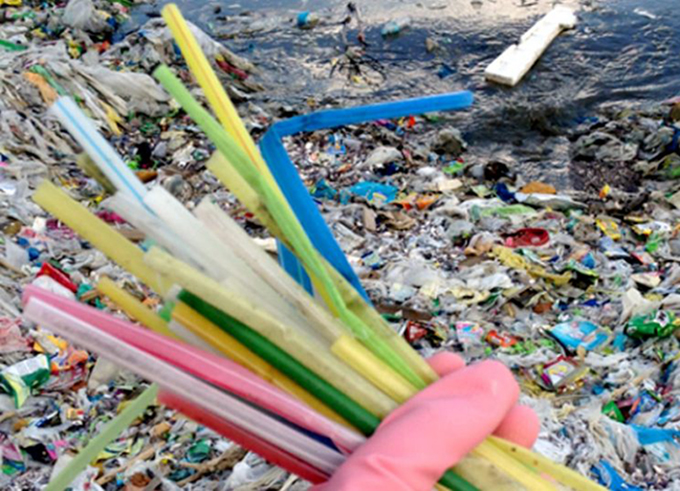
By Jilda Shem in Port Vila
It’s a Pacific island nation that has beaten the global community across the finish line with Vanuatu officially becoming the first nation in the world to legally ban the use of plastic straws.
A law passed in February will see the end of single use plastic bags, polystyrene takeaway boxes and straws by July 1.
As the planet addresses the threat of a “plastic ocean”, Vanuatu is mobilising to ensure a plastic bag, straw and polystyrene takeaway box-free nation.
“The ban on these plastics is an opportunity for us to help protect our planet and our island paradise of Vanuatu. It is also an opportunity for us in Vanuatu to strengthen our sustainable cultural practices,” said the First Lady Estella Moses Tallis.
“The Mamas of Vanuatu can bring to the frontline the use of traditional baskets which are part of our culture. The more we use them, the more we encourage our cultural art of weaving, in turn strengthening the cultural heritage of Vanuatu.”
Each year at least 8 million tonnes of plastic makes its way into the ocean, with at least 51 trillion pieces of microplastics already in the sea with warnings that by 2050 there will be more plastic than fish.
For the Pacific island region, the ocean is the largest in the world making up 98 percent sea and 2 percent land. A global report released in 2015 shows that the Pacific contribution to the world marine plastic debris is less than 1 percent for which 10 percent of which comes from Vanuatu.
Stakeholder workshop
All stakeholders in Vanuatu have come together for a two-day workshop today and tomorrow with the support of the Secretariat of the Pacific Regional Environment Programme (SPREP) to develop a national communications strategy. This will be implemented together, to help bring about a clean, healthy and sustainable Vanuatu free of plastic bags, straws and polystyrene takeaway boxes.
“I am so happy that we have come this far together, as a people and a nation to begin the walk to reduce plastic waste in our land and keep the ocean for our generations to come,” said Toney Tevi, head of the Maritime and Ocean Affairs Division of the Department of Foreign Affairs of Vanuatu.
The historical milestone reached by Vanuatu comes at a special time for the Pacific as SPREP celebrates 25 years of service to the Pacific island region this year.
Assistance from SPREP to Vanuatu will lead to the development of a communications strategy as well as strengthening of national policies and regulations to implement the legislation.
“We are all looking towards Vanuatu as a leader in this space, and are impressed by their commitment to protect our environment, ocean and people of Vanuatu and the Pacific,” said David Loubser, manager of the Pacific Ecosystem based Adaptation to Climate Change Project (PEBACC) in Vanuatu.
“SPREP are pleased to be able to provide this assistance to Vanuatu, and we look forward to the positive benefits that will come from these bans, benefits that will be reached not only by Vanuatu, but by the Pacific region as a whole.”
On February 1 three orders made under the Waste Management Act No 24 of 2014 address three issues – control of single use plastic bags, plastic straws and polystyrene takeaway boxes; littering; and the licensing of private waste operators.
Jilda Shem is the PEBACC communications officer for SPREP.



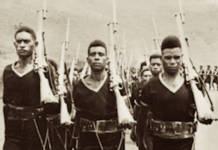
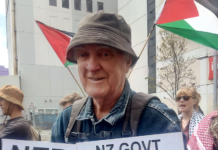
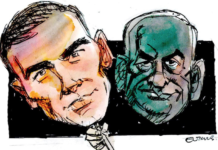
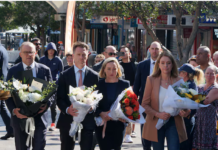

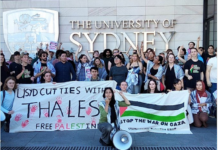















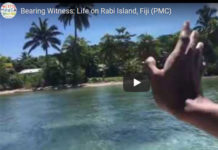



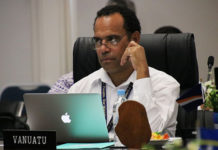
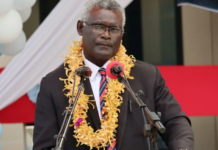
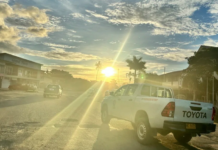
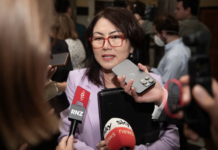




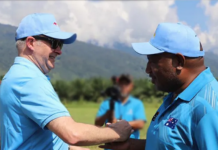









[…] المصدر: Asia Pacific Report […]
Comments are closed.